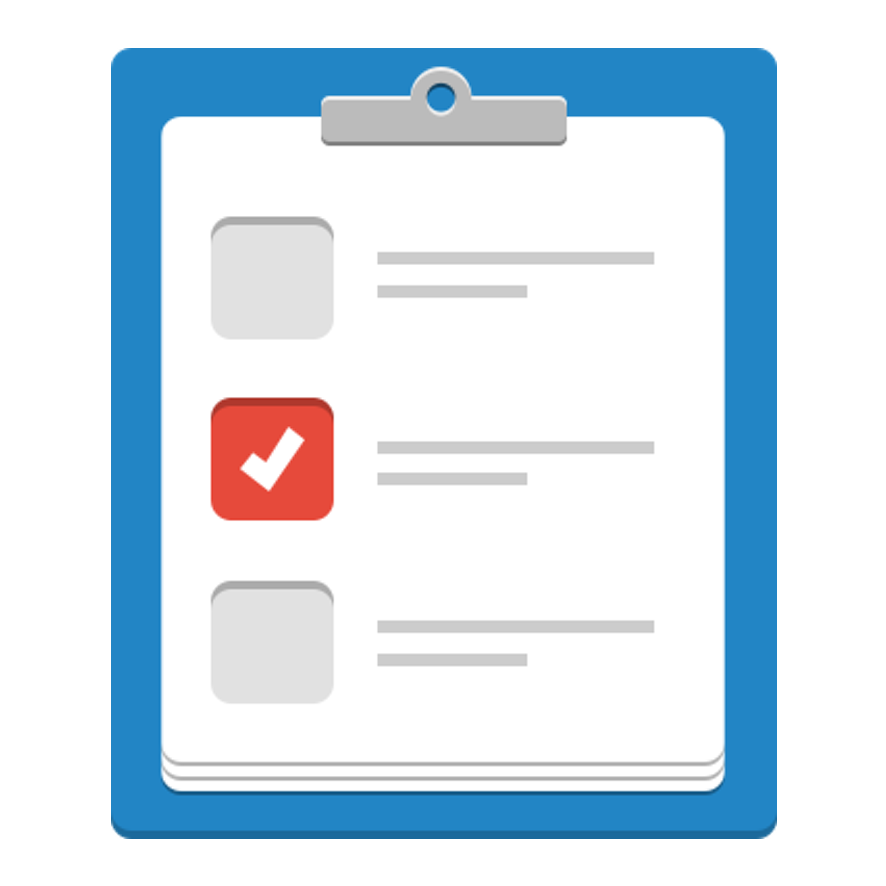DataRecord DEPRECATED Profile
Version: 0.1-DRAFT-2018_04_25 (25 April 2018)
Bioschemas specification describing a record in a dataset.
If you spot any errors or omissions with this type, please file an issue in our GitHub.
Key to specification table
- Green properties/types are proposed by Bioschemas, or indicate proposed changes by Bioschemas to Schema.org
- Red properties/types exist in the core of Schema.org
- Blue properties/types exist in the pending area of Schema.org
- Black properties/types are reused from external vocabularies/ontologies
CD = Cardinality
| Property | Expected Type | Description | CD | Controlled Vocabulary | Example |
|---|---|---|---|---|---|
| Marginality: Minimum. | |||||
| @context | URL | Used to provide the context (namespaces) for the JSON-LD file. Not needed in other serialisations. |
ONE | ||
| @type | Text | Schema.org/Bioschemas class for the resource declared using JSON-LD syntax. For other serialisations please use the appropriate mechanism. While it is permissible to provide multiple types, it is preferred to use a single type. |
MANY | Schema.org, Bioschemas | |
| @id | IRI | Used to distinguish the resource being described in JSON-LD. For other serialisations use the appropriate approach. | ONE | ||
| dct:conformsTo | IRI | Used to state the Bioschemas profile that the markup relates to. The versioned URL of the profile must be used. Note that we use a CURIE in the table here but the full URL for Dublin Core terms must be used in the markup (http://purl.org/dc/terms/conformsTo), see example. |
ONE | Bioschemas profile versioned URL | |
| identifier |
PropertyValue Text URL |
Schema: The identifier property represents any kind of identifier for any kind of Thing, such as ISBNs, GTIN codes, UUIDs etc. Schema.org provides dedicated properties for representing many of these, either as textual strings or as URL (URI) links. See background notes for more details. |
ONE | ||
| mainEntity |
Thing |
Schema: Indicates the primary entity described in some page or other CreativeWork. Inverse property: mainEntityOfPage. Bioschemas: Bioschemas usage. Link to the BioChemEntity represented by this record. |
ONE | ||
| rdf:type |
URL |
Bioschemas: This is used by validation tools to indentify the profile used. You must use the value specified in the Controlled Vocabulary column. |
ONE | ||
| Marginality: Recommended. | |||||
| additionalType |
URL |
Schema: An additional type for the item, typically used for adding more specific types from external vocabularies in microdata syntax. This is a relationship between something and a class that the thing is in. In RDFa syntax, it is better to use the native RDFa syntax - the ‘typeof’ attribute - for multiple types. Schema.org tools may have only weaker understanding of extra types, in particular those defined externally. Bioschemas: Although not required, additionalType can be used to specify the nature of the record. For instance, a UniProt protein record would have UP:Protein as type. |
MANY | ||
| Marginality: Optional. | |||||
| additionalProperty |
PropertyValue |
Schema: A property-value pair representing an additional characteristics of the entitity, e.g. a product feature or another characteristic for which there is no matching property in schema.org. Note: Publishers should be aware that applications designed to use specific schema.org properties (e.g. http://schema.org/width, http://schema.org/color, http://schema.org/gtin13, …) will typically expect such data to be provided using those properties, rather than using the generic property/value mechanism. Bioschemas: Additional to the use of name and description to describe this property in a human-readable way, additionalType should be used to specify the nature of the property/relation. For instance, if the property refers to a gene/protein disease association, you could use SIO:000983 (gene-disease association) as the additionalType for the additionalProperty. |
MANY | ||
| citation |
CreativeWork Text |
Schema: A citation or reference to another creative work, such as another publication, web page, scholarly article, etc. |
MANY | ||
| dateCreated |
Date DateTime |
Schema: The date on which the CreativeWork was created or the item was added to a DataFeed. |
ONE | ||
| dateModified |
Date DateTime |
Schema: The date on which the CreativeWork was most recently modified or when the item’s entry was modified within a DataFeed. |
ONE | ||
| datePublished |
Date |
Schema: Date of first broadcast/publication. |
ONE | ||
| distribution |
DataDownload |
Schema: A downloadable form of this dataset, at a specific location, in a specific format. |
MANY | ||
| image |
ImageObject URL |
Schema: An image of the item. This can be a URL or a fully described ImageObject. |
MANY | ||
| isBasedOn |
CreativeWork Product URL |
Schema: A resource that was used in the creation of this resource. This term can be repeated for multiple sources. For example, http://example.com/great-multiplication-intro.html. Supersedes isBasedOnUrl. Bioschemas: Whenever possible use Evidence Codes (ECO) |
MANY | ||
| isBasisFor |
CreativeWork Product URL |
Bioschemas: A resource for which this resource is basis for. Inverse property: isBasedOn. |
MANY | ||
| keywords |
Text |
Schema: Keywords or tags used to describe this content. Multiple entries in a keywords list are typically delimited by commas. |
ONE | ||
| sameAs |
URL |
Schema: URL of a reference Web page that unambiguously indicates the item’s identity. E.g. the URL of the item’s Wikipedia page, Wikidata entry, or official website. |
MANY | ||
| seeAlso |
Thing URL |
Bioschemas: A pointer to any (somehow related) Thing. To be used whenever you are not so sure about the nature of the relation. Otherwise, use more precise terms from pre-existing Controlled Vocabularies. |
MANY | ||
| url |
URL |
Schema: URL of the item. |
MANY | ||






